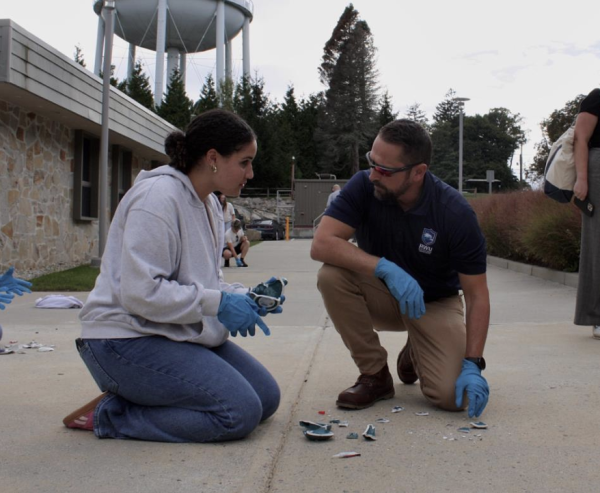How to cope with no spring break
Colt State Park is a beautiful place for students to visit when they want to go on small and safe adventures with friends.
The semester is reaching its halfway point this March and midterm exams and projects are starting to pile up on students. Now is as important a time as any for a break, but COVID-19 has made that difficult.
Roger Williams University cancelled spring break for this academic year. This decision has introduced more challenges, especially for students.
Without a break, students are more likely to experience burnout. On top of living during a pandemic, the stress of school is taking a toll on students across campus. With no spring break for students to look forward to, how will they avoid succumbing to stress?
Here are some ideas for ways to cope with no spring break:
-
Schedule time for self-care: Scheduling time for self-care at least once a day in students’ busy schedules can make a huge impact. It can help prevent burnout and ease the anxiety that comes with the pressure of academics. Whether it is an hour of relaxation or practicing a hobby, it is essential for students to have time to focus on themselves rather than school.
-
Make small, safe plans with friends: While still adhering to COVID-19 restrictions, students can make plans with their friends. Getting off campus would be especially helpful to break up the repetitive school weeks, including going on small adventures to places like Colt State Park, which is a 10 minute drive from campus.
-
Have healthy reminders: It is important for students to remind themselves that they are currently living through a pandemic. It is okay that they are not feeling as motivated as they were a year ago. Setting reminders for them to take it easy on themselves could help them step away from unhealthy thinking habits and expectations.
-
Wellness days: It is important for students to have breaks, now more than ever. The surprise study break day RWU held for students was helpful for many to recharge from their busy lives. While this is not a choice for the students, perhaps the university could think of more ways to allow breaks that do not interfere too much with course plans and events. Students deserve recognition for their hard work and should not be expected to work consistently under such stressful circumstances, especially with no spring break planned.
Emily Dvareckas graduated from RWU in 2022 with a degree in forensic science. She spent three years with The Hawks’ Herald as the photo editor...







